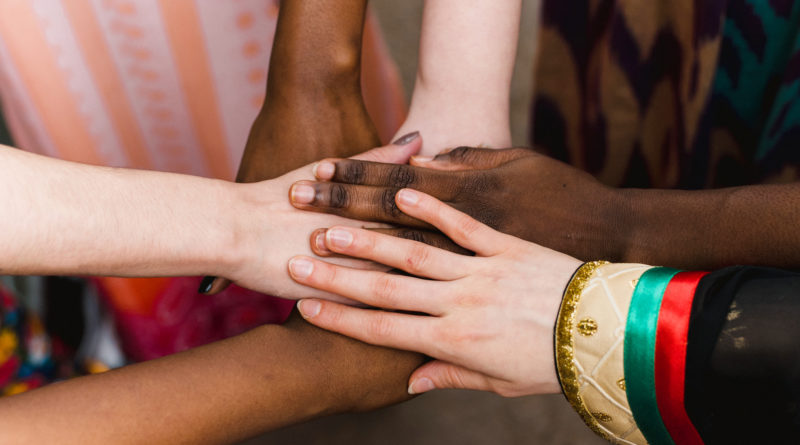What Is Juneteenth? Three Things To Know
1,115 total views, 1 views today
Every year, on June 19th, people across the country celebrate an occasion known as Juneteenth. The holiday’s odd, portmanteau-derived name might suggest that the holiday is a celebration of the time between June 13th and June 19th, but it reveals little more than this suspicion. It turns out that Juneteenth actually has far deeper historical and social roots — here are three things to know about Juneteenth.
Juneteenth is the nation’s oldest celebration of the abolition of slavery
American students learn early in their history curricula that nationwide debates over the abolishing of slavery led to the Civil War, which may have claimed as many as one million lives. Despite the war’s massive casualty toll, the years of fighting between the Union and Confederacy did ultimately liberate all enslaved people, and Juneteenth celebrates this emancipation.
Juneteenth derives its name from the day on which slavery was formally ended. On June 19th (shortened to “Juneteenth”), Union General Gordon Granger and thousands of his soldiers traveled to Galveston, Texas, where they declared the Civil War over and all slaves permanently liberated. Granger’s news originated from a document called “General Orders No. 3,” in which an “Executive of the United States” officially mandated nationwide emancipation.
Granger traveled to Texas for the emancipation announcement for a reason
Texas became an American state on December 29, 1845, not even a full two decades before the Civil War ended. Its newness to the country and its southern geography wound up transforming it into a region overrun with slaves. The Union did not monitor Texas as closely as it did other battle states, so slave owners fleeing the Union in hopes of keeping their slaves often relocated to Texas.
Thus, Granger’s decision to travel to Galveston to formally declare the Civil War over and mandate the liberation of all slaves was more than lawful work. It was symbolic and deeply meaningful, which is why Juneteenth celebrates this of all emancipation-related occasions.
There were other contenders for a Juneteenth celebration
Granger’s journey to Texas, though highly symbolic and crucial to the Civil War’s end, is not nearly as commonly taught in history classes as President Abraham Lincoln’s Emancipation Proclamation, among other Civil War landmarks. The date on which Lincoln issued this proclamation — September 22, 1862 — was also considered for an annual emancipation celebration. Similarly, the January 1, 1863 effective date of the proclamation was considered, as were the congressional passing of the 13th Amendment abolishing slavery (January 31, 1863) and its ratification (December 6, 1863).
However, June 19th — and thus the name “Juneteenth” — ultimately became the annual celebration of slavery’s abolishing because freed slaves in Texas began rallied around their continued freedom on the one-year anniversary of Granger’s news. Thus, Juneteenth was born.
How Juneteenth is celebrated today
Although Juneteenth doesn’t involve parades and festivities in the same way that other American holidays including Thanksgiving and Memorial Day might, it’s far from uncommon for workplaces and community groups to honor the occasion. Commemorations of the holiday are varied and diverse, but the Juneteenth official website offers a celebration guide that employers can use to mark the holiday with company diversity initiatives, community organizers can use to gather local politicians and activists to discuss social matters, and anyone at all can use to decorate their home with Juneteenth memorial items. The celebration guide can help anyone celebrate Juneteenth — even those who hadn’t heard of the holiday until now.

